DC: What’s your day job?
CRH: US Army Instructor
DC: Wow. So you must be a pretty disciplined writer with that kind of background. Do you have literary representation?
CRH: None, yet.
DC: Agents. Take note. And sign this writer up! So, what made you apply to the CSSC?
CRH: The Triumphant Death of Frank Bean was my first screenplay, so I wanted to float it around to a few contests and see how it did. I found the CSSC and thought it looked well run.
DC: Well thanks. Being that you are a just starting out exploring your voice, do you find that there is a theme to your writing(s) at this stage?
CRH: Not really. As a newer screenwriter I try to write everything. I may challenge myself to tell a story in a page, or if a concept scares me as a writer, I go after it and I write it. So, right now, I write everything but I tend to gravitate towards stories that show how we are all connected as people.
DC: That’s great advice to go after what scares you. I try to do that all the time. What made you write Frank Bean? Was your inspiration for writing it?
CRH: As I said, The Triumphant Death of Frank Bean was my first screenplay. I was learning the mechanics of screenplays while writing it. It started with one scene, and I more or less wrote from the inside out.
DC: Can you give the folks at home a quick synopsis of what it’s (Frank Bean) all about?
CRH: Frank (Bean) is a poor black man who lived in the South. His death affects people in three different stories. Essentially, it’s about how we are all connected as people. How we all matter, and are connected, regardless of race, gender, or wealth.
DC: What was writing it like for you? Walk us through your process, if you can.
CRH: I think it took me about three or four weeks. I wrote it while I was in Afghanistan over the Winter so I would write on my time off, wrapped in about 20 blankets, banging away on my keyboard with gloves and a hat. I was learning the format so I would write a bit, Google formatting, go back to writing, Google more, look at other scripts, and go back to writing.
DC: I find it so important to constantly be reading other people’s work and new scripts so that you can see what is being done and how it is being done. It’s curious to me to see some of the new ‘tricks’ in screenplays. I love how disciplined you were in your approach. But given your background, it’s not really all that surprizing. What has happened for you professionally, if anything, since applying to the CSSC and making it amongst the finalists and then… winning it all?
CRH: It’s given me a degree of validity among some producers and writers.
DC: That’s excellent. What is next for you?
CRH: Writing, staring at the whiteboard, writing, procrastinating, drinking enough coffee to kill a baby elephant, more writing.
DC: Ha. I hear you on that front. I know the secret to avoid writers block. And I guess I kind of did this instinctually some how already, but fellow writer Dennis Heaton (showrunning now on the CTV/ABC series Motive), that the trick is to be writing many different scripts all at the same time, so that when the writers block hits you, you can jump to one of the other scripts and pick up and have your brain and subconscious be solving the wall that you hit on the other one. And when you figure out how to get over/under/through that wall… you go back and continue writing that script. Would you enter the CSSC again? Why, or Why not?
CRH: Maybe. I like to challenge myself by writing shorts, but I’ve moved onto writing longer pieces. I’d enter the CSSC again if a short comes up that I think is right for it.
DC: Glad you’re moving on to feature length material. You’ve got a great voice and I think you write in layers that certainly lends itself to features writing. What advice do you have for other writers or for future competitors in the CSSC?
CRH: Tell a great story. First, and foremost, before anything else you have to tell a great story. Make every word count. Because in the end, nobody will care about anything else if the words don’t count.
DC: What is your favourite short film from this past year?
CRH: I don’t have one for this year but my all time favorite short is REVEILLE.
DC: I’ve seen that one. It’s an oldie but a goodie. I want to wrap things up by thanking you for sharing Frank Bean with the CSSC and for your time and answers today, but before we say goodbye to you… I like to end these intervies on an inspiring note by asking you: What is one quote that inspires you every time?
CRH: “You will make all kinds of mistakes; but as long as you are generous and true and also fierce you cannot hurt the world or even seriously distress her. She was meant to be wooed and won by youth.” – W. Churchill
DC: Thanks Catherine!










